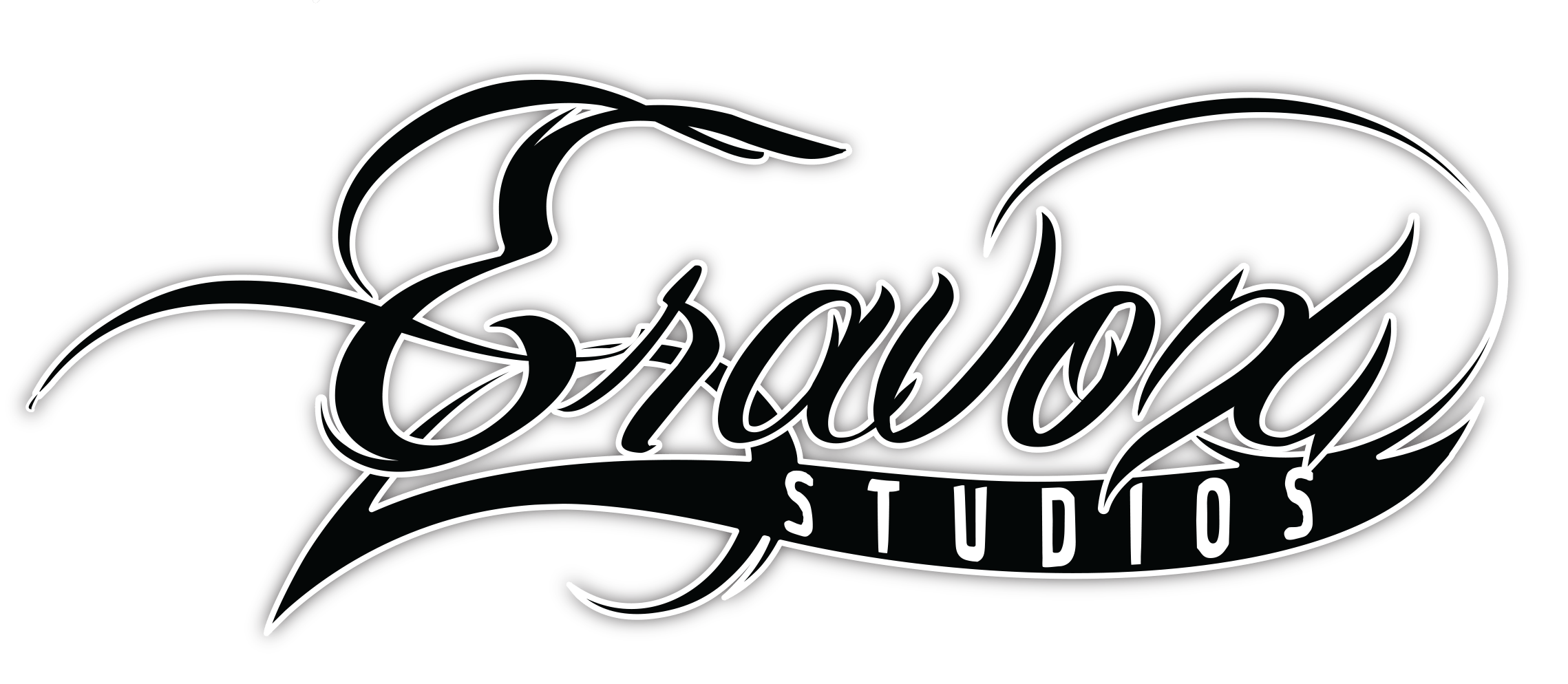Today because of several advances in technology, several new options have become available for those who want to create and produce music. In a music production class, you will learn about virtual instruments, the latest software for music production, and audio libraries. Aside from these, you can have first-hand experience in creating audio for different virtual media.
Music production programs offered in music production schools have various names such as audio recording, music production, music technology, sound recording, electronic production, acoustical or sound engineering, recording arts, or a combination of the above options.
What Are the Perks of Going to a Music Production School?
A music production school presents itself as an excellent outlet for creativity. It renders a lot of opportunities for individuals who are musically inclined to step into the door of the music industry. It fosters camaraderie and collaboration among students and instructors, and doing so can be so much fun.
Outlet for creativity
The assignments and tasks you receive from the music production school provide sufficient opportunity for an aspiring musician to use his or her maximum potential. You can easily find people in the music industry who seem to become more productive when they have a lot of things happening all at once. This is the reason behind musicians having multiple side projects.
Learn new things related to music production
The music industry itself and the theory of music are complex subjects to digest. It’s easy to cut a record no matter how simple or complex it is. However, if you’re after writing songs that make sense, you need to have a much deeper comprehension of the musical mechanics. If you after making your music heard by people, you have to understand how the music business works.
You may also learn how to use music-related software programs that music professionals use daily for multiple purposes in music production schools. Sound engineers try hard to make these programs appear easy, but it can intimidate you if you’re new to it. If you use the software inappropriately because of lack of training, this may only lead to frustrations. You may aso be using a new music software that’s not designed to help you with what you are trying to do.
Learning a trade, honing your craft
You have to learn more about your craft and hone your skills professionally if you want to be successful in the music industry. If you have musical skills, a music production school will allow you to put these skills to use. It doesn’t matter if you’re a beatboxer, music producer, instrumentalist, or a vocal artist. You have multiple avenues for you to apply your skills and create a stable stream of income.
Great collaborations
It’s inevitable to have collaborations as a music artist. With a collaborative work, you have someone to discuss your ideas with. This can make the creative process more productive, richer, and easier as well. This will allow for a different flavor and voice to be added to the entire creative process. Collaboration gives you extra support when you feel tired, demotivated, or going through a writer’s block. The whole collaborative process may also spawn a friendly competition, just to keep you on your toes.
Experimentatoin with various music genres
If you want your musical perspective consistently fresh, you may switch from one genre to another. This is an excellent means to test innovative ideas and hybridize various music styles. When you already have a fanbase, it can be difficult to switch to a new genre. This is why it’s challenging to find musical experiments on stage. These can only be done in a studio or any of the music production schools where likeminded individuals meet.
